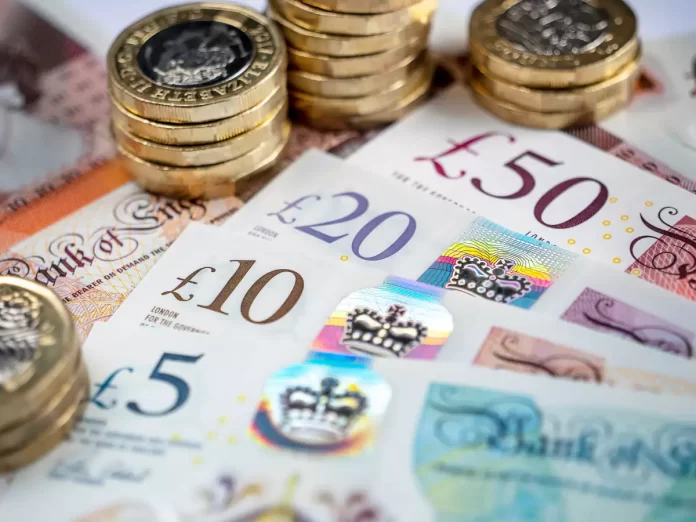Britain’s minimum wage will increase by 9.8% to 11.44 pounds ($14.26) an hour from April 2024, making it one of the highest as a share of average earnings of any advanced economy. Finance minister Jeremy Hunt announced the increase on the eve of delivering a mid-year budget update which is expected to reduce taxation and put greater requirements on those out of work to seek employment or face losing benefits.
Last month Hunt told the annual conference of his Conservative Party that he intended to increase the minimum wage to at least 11 pounds an hour, part of a goal to raise it to two thirds of average earnings. “The National Living Wage has helped halve the number of people on low pay since 2010,” Hunt said on Tuesday.
The big rise in the minimum wage comes as the Bank of England warns that the current pace of wage growth in the broader economy – which reached around 8% earlier this year – would make it hard to return inflation to its 2% target. In 2022, the OECD estimated Britain’s minimum wage was equivalent to 58% of full-time earnings, the third-highest in western Europe after Portugal and France.
Around 2.7 million workers will benefit directly from the increases, the government said. As part of the changes, workers aged 21 and 22 will be entitled to the full minimum wage for the first time, while lower rates paid to workers aged 18 to 20 and apprentices will also increase. The Low Pay Commission, an expert panel which advises the government on minimum wage increases, said the arguments around the upcoming increase were “finely balanced”. “As last year, businesses felt pressured to pass National Living Wage increases onto consumers. More are worried this year that they are reaching a limit in what they can pass through without undermining demand,” it said. Social care and childcare employers would find it especially hard, it added.
Reuters




















